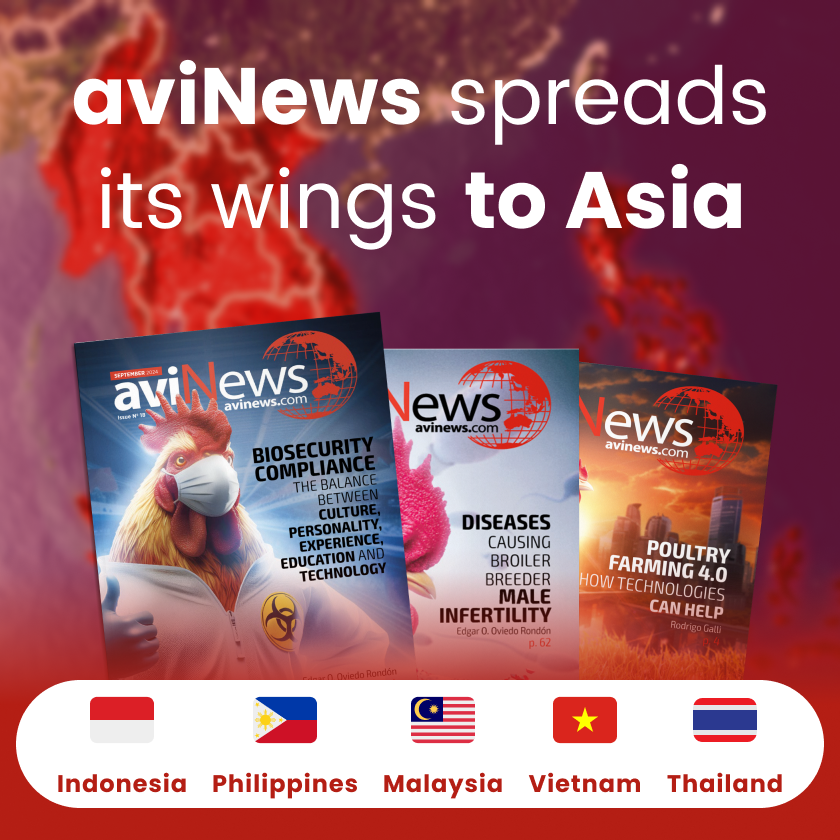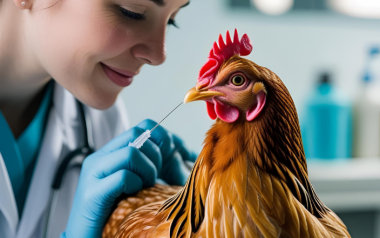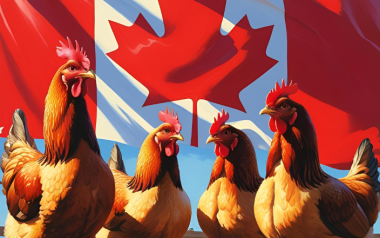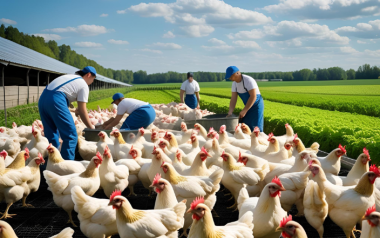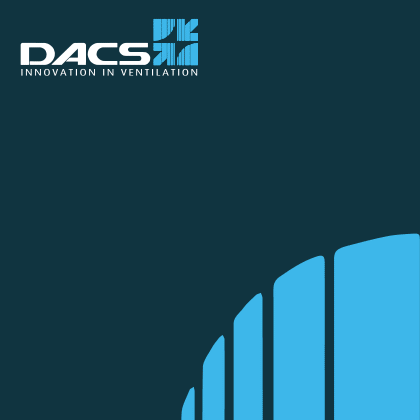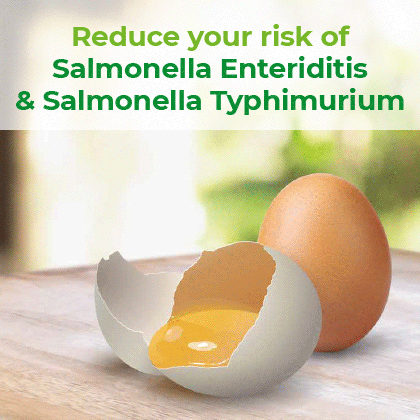Sources: Available upon request.
26 Apr 2024
Avian Influenza vaccination campaign in France
France has faced several major outbreaks of highly pathogenic avian influenza (HPAI) in recent years, leading to the culling of millions of poultry. To address this challenge, France has implemented a vaccination campaign aimed at protecting poultry sectors and limiting the spread of the virus.
Avian influenza, commonly known as bird flu, has been a recurring health crisis in France. The country has faced several major outbreaks of highly pathogenic avian influenza (HPAI) in recent years, leading to the culling of millions of poultry. To address this challenge, France has implemented a vaccination campaign aimed at protecting poultry sectors and limiting the spread of the virus.
The need for vaccination
- Scale of the crisis
- France experienced a severe avian influenza outbreak in 2021-2022, resulting in the culling of over 21 million poultry.
- Endemicity (persistence of the virus throughout the year) is suspected in wild birds across the country.
- Biosecurity measures
- While biosecurity measures (such as confinement, bird transfer limitations, and disinfection protocols) are essential, vaccination can complement these efforts.
- Currently, only one vaccine for chickens (Gallus gallus species) has marketing authorization in France.
- Applications for additional poultry species vaccines are under assessment by the French Agency for Veterinary Medicinal Products (ANMV) and the European Medicines Agency (EMA).
Proposed vaccination scenarios
To establish an effective vaccination strategy, ANSES (Agence nationale de sécurité sanitaire de l’alimentation, de l’environnement et du travail) proposes three preventive vaccination scenarios:
- Priority farms and species
- Determine the types of farms and species to be vaccinated as a priority based on available resources.
- Protect the gene pool of French poultry by targeting specific species.
- Limit the spread of HPAI by vaccinating the most exposed poultry.
- Anticipating outbreaks
- Implement a preventive vaccination strategy to anticipate epizootic outbreaks.
- Avoid massive virus spread from infected farms.
- Enable the poultry sector to restart production after an outbreak.
- Avoiding emergency vaccination
- Emergency vaccination is not scientifically appropriate due to the time lag between vaccination and immunity acquisition (approximately 3-4 weeks).
- Emergency vaccination could increase biosecurity risks on farms.
Recent developments
- Mass vaccination of ducks
- France began Europe’s only mass-vaccination campaign against avian influenza.
- Approximately 64 million ducks across 2,700 farms will receive vaccinations over the next year.
- The goal is to end mass culls and protect the poultry industry.
- Strict surveillance system
- Vaccination should be accompanied by a strict surveillance system.
- The selected vaccines allow the implementation of a DIVA (Differentiating Infected from Vaccinated Animals) strategy.
Conclusion
France’s Avian Influenza vaccination campaign aims to safeguard poultry sectors, preserve the gene pool, and prevent massive virus spread. By combining vaccination with existing biosecurity measures, France is taking proactive steps to mitigate the impact of avian influenza outbreaks.
Remember, prevention is key, and vaccination plays a crucial role in protecting our birds and the poultry industry.







